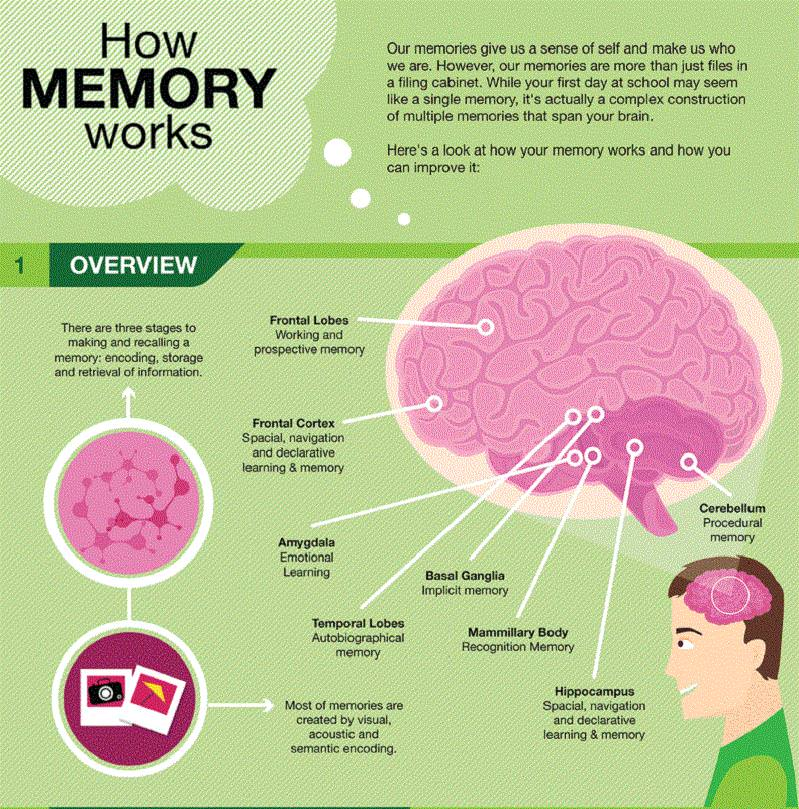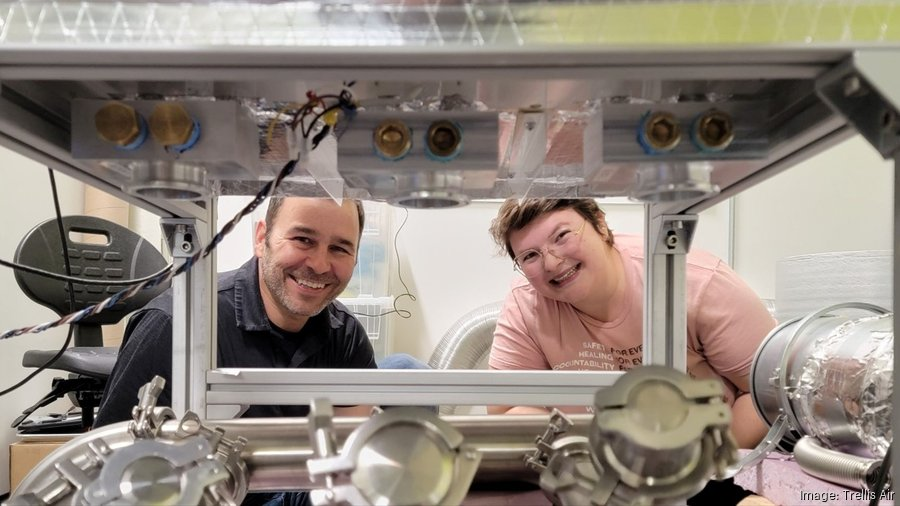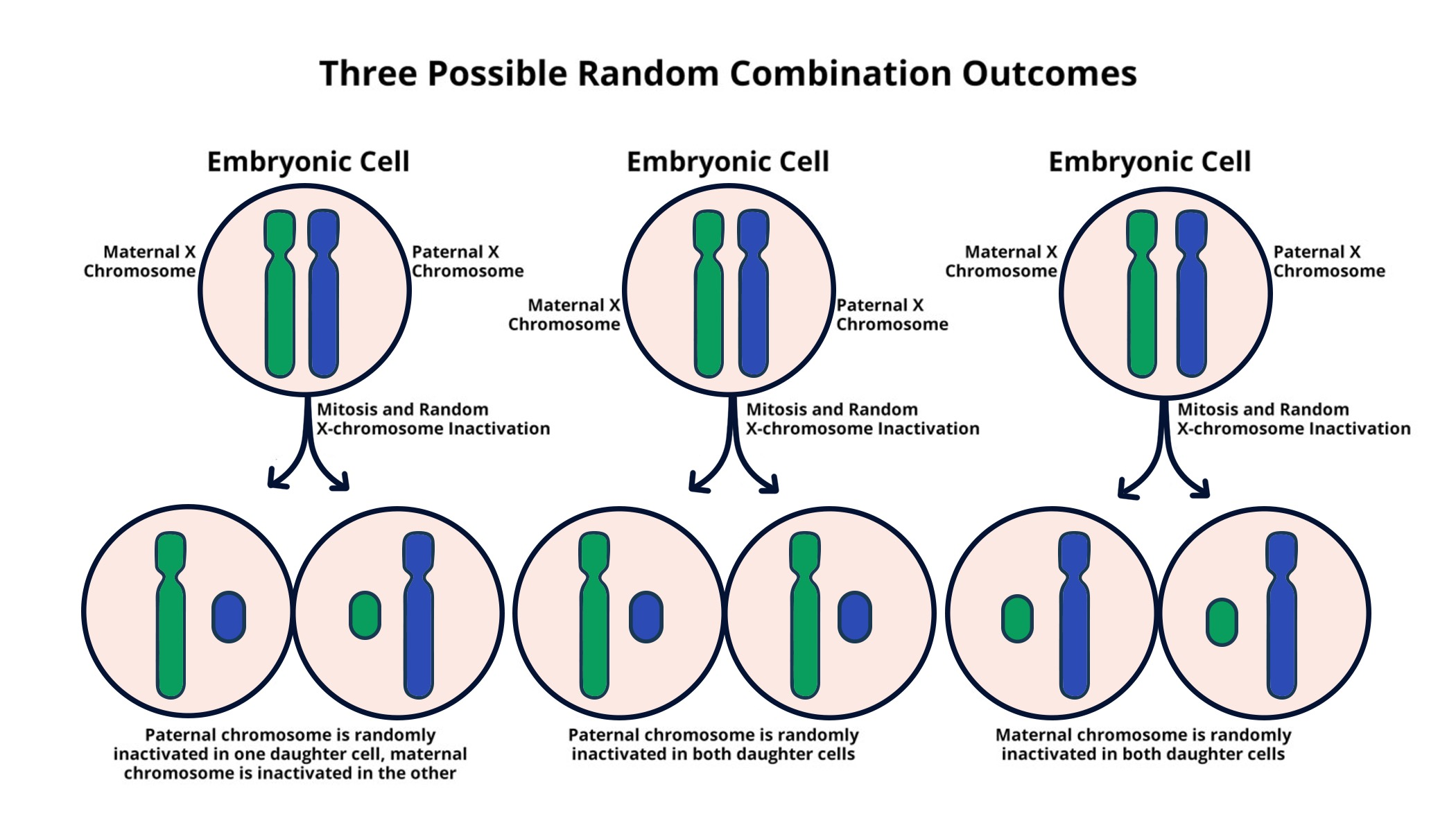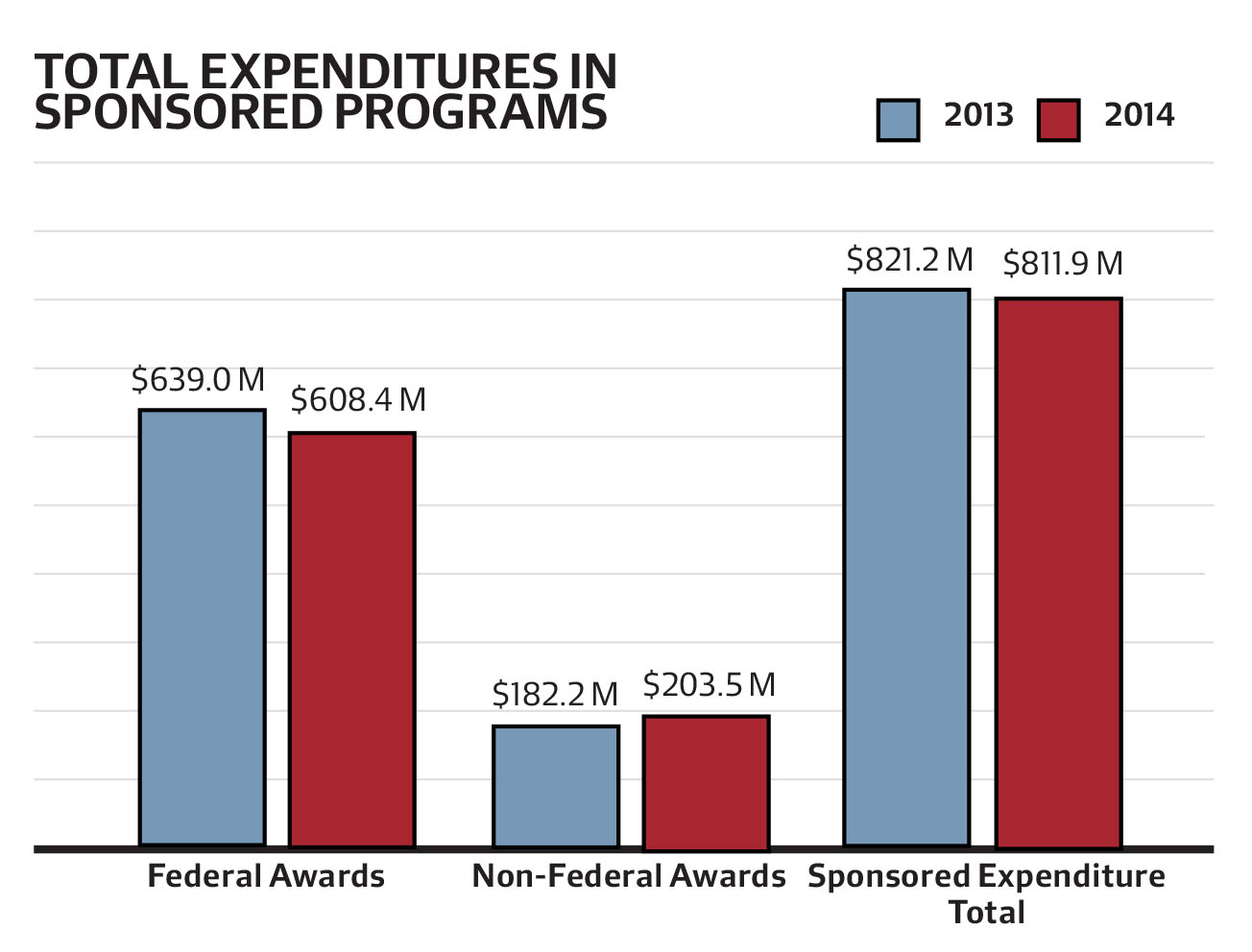
Improving Memory: Tips for Better Recall Every Day
Improving memory is an essential skill in today’s fast-paced world, where we rely on our cognitive abilities more than ever. Whether you’re preparing for an important exam or simply trying to recall names at social gatherings, effective memory retention tips can make a significant difference. In their insightful book, “Why We Forget and How to Remember Better,” esteemed brain scientists Andrew Budson and Elizabeth Kensinger provide invaluable memory techniques that enhance our recall capabilities. By understanding how memory functions and implementing proven recall strategies, you can boost your brain health and achieve personal and professional success. Join us as we explore practical methods to improve your memory and unlock your brain’s full potential.
Enhancing one’s ability to remember information is vital in a society overflowing with distractions and demands. Techniques for boosting cognitive recall can transform how we store and retrieve knowledge, enabling us to excel in various aspects of life. From practical strategies supported by scientific research to everyday brain health tips, nurturing our innate capacity for memory can lead to substantial benefits. This discussion will unveil alternative approaches for those keen on sharpening their mental faculties and mastering their learning process. With effective memory enhancement practices, anyone can discover how to remember better and navigate their daily tasks with greater ease.
Understanding Memory Retention
Memory retention is a fundamental aspect of how we navigate our daily lives. It encompasses the ability to store, retain, and later retrieve information. To improve memory, engaging with memory retention tips like spaced repetition, where study sessions are broken up over time, can be highly effective. This technique leverages the psychological spacing effect, which has been shown to enhance long-term recall and mastery of subjects.
Additionally, understanding the science behind memory can empower individuals to implement memory techniques effectively. The brain’s ability to form and retain memories depends on structures like the hippocampus. Engaging in activities that stimulate this area, such as learning new skills or engaging in complex problem-solving, can lead to improved memory retention. Overall, knowing and applying strategies for better memory can significantly enhance our cognitive capabilities.
Tips for Remembering Better
In their book, Budson and Kensinger offer valuable insights into how to remember better through practical tips. For example, visualization is a powerful tool; creating mental images of what you need to remember can make it more memorable. This aligns with the memory palace technique, where information is associated with familiar places or landmarks. By creating vivid mental pictures, you’re more likely to recall information effectively later.
Another critical strategy involves practicing retrieval. This means not just passively reviewing notes but actively testing yourself on the information. Using recall strategies such as flashcards or quizzes can reinforce memory pathways, making it easier to retrieve information when needed. By implementing these techniques, anyone can sharpen their memory skills and enhance their overall cognitive performance.
Brain Health Tips for Optimal Memory
Maintaining brain health is crucial for optimal memory function. Regular physical activity is one of the most effective brain health tips; it doesn’t just boost mood and physical health but also enhances cognitive function. Exercise promotes neurogenesis—the creation of new neurons—which directly benefits memory and learning abilities. In fact, studies have shown that even a brisk walk can significantly improve memory retention.
Nutrition also plays a vital role; a diet rich in antioxidants, healthy fats, and lean proteins can support brain health. Foods like berries, nuts, and fatty fish are known to be particularly beneficial for cognitive function. Incorporating these brain-healthy foods into your diet can help stave off cognitive decline and improve memory retention over time.
Recall Strategies for Everyday Situations
Effective recall strategies can be applied to everyday situations, such as meeting new people or studying for exams. One effective method is to use association; for instance, linking a person’s name with a visual image or a shared experience can reinforce memory. When you meet someone new, repeating their name during the conversation can also help solidify it in your memory.
Additionally, organizing information can improve recall. Structuring data into categories or using mnemonics can make it easier to remember. For example, if you need to remember a series of items, grouping them by themes or creating acronyms can facilitate easier retrieval. By integrating these recall strategies into daily routines, individuals can significantly enhance their memory effectiveness.
Methods to Enhance Memory Techniques
Many proven memory techniques can be employed to enhance memory performance. The method of loci, also known as the memory palace technique, is particularly noteworthy; this ancient mnemonic strategy involves visualizing a familiar environment and associating information with specific locations or objects within it. By mentally walking through this environment, one can effectively retrieve the associated memories.
Another powerful technique is chunking, which breaks down large amounts of information into smaller, manageable units. This method optimizes cognitive load and enhances the brain’s ability to process and retain information. For example, when trying to remember a long sequence of numbers, grouping them into chunks can simplify recall. By utilizing these methods, anyone can improve their memory techniques and enhance their information retention capabilities.
The Importance of Sleep for Memory Recall
Sleep is often an overlooked aspect of improving memory. Scientific studies have shown that quality sleep is essential for consolidating memories; it transforms short-term memories into long-term ones. During sleep, particularly during REM cycles, the brain processes and organizes information learned throughout the day, making it easier to recall later.
Failing to prioritize sleep can lead to memory deterioration and cognitive decline. It is recommended to establish a regular sleep schedule, creating an environment conducive to restful sleep. Techniques such as limiting technology use before bed and engaging in relaxation practices can further promote restorative sleep, ultimately enhancing memory recall.
Coping with Stress to Improve Memory
Stress can have a detrimental impact on memory and overall cognitive function. When under stress, the body’s fight-or-flight response can hinder memory formation and retrieval. It is crucial to adopt stress management strategies such as mindfulness and relaxation techniques, which can promote calmness and clarity.
Engaging in activities like deep breathing, meditation, and yoga can help reduce stress levels, thereby enhancing memory performance. By learning to manage stress effectively, individuals can optimize their cognitive resources, leading to improved memory retention and recall.
Practical Exercises for Memory Improvement
Incorporating practical exercises aimed at enhancing memory can lead to notable improvements. Activities such as crossword puzzles, memory games, and brain-training apps can serve as engaging ways to challenge cognitive abilities. Regularly participating in these activities can strengthen memory skills and promote overall brain health.
Additionally, engaging in social activities that involve learning, such as book clubs or group discussions, can serve as effective memory improvement exercises. These interactions not only provide mental stimulation but also enhance social engagement, further benefiting cognitive function. By consistently practicing these exercises, individuals can foster lasting enhancements in their memory capabilities.
Utilizing Technology for Memory Enhancement
In the modern age, technology offers various tools to aid in memory enhancement. Digital flashcards, apps designed for spaced repetition, and reminders can help individuals organize information and solidify memory retention. By leveraging technology, users can create personalized learning experiences that cater to their memory improvement needs.
Moreover, online resources such as webinars and lectures on memory improvement techniques can provide valuable insights and strategies. Engaging with communities focused on brain health and memory can also offer motivational support and further learning opportunities. By utilizing technology in memory enhancement efforts, individuals can optimize their approach to learning and recall.
The Role of Nutrition in Cognitive Function
The relationship between nutrition and memory is well-documented, with a diet rich in essential nutrients playing a crucial role in cognitive function. Omega-3 fatty acids, found in foods like salmon and walnuts, have been shown to enhance brain health and improve memory retention. Similarly, antioxidants found in fruits and vegetables can protect brain cells from oxidative stress, contributing to better cognitive performance.
Incorporating a balanced diet filled with nutrient-dense foods can create an environment conducive to optimal memory function. Hydration is also vital; staying well-hydrated ensures that the brain operates at peak efficiency. By prioritizing nutrition as part of memory improvement efforts, individuals can foster a healthier brain and, consequently, a more effective memory.
Frequently Asked Questions
What are some effective memory retention tips to improve recall?
To improve memory retention, consider these tips: consistently practice skills like sports or music, engage in regular physical exercise to boost brain health, and use mnemonic devices or visualization techniques to associate information with images or places. Additionally, ensure adequate sleep, reduce multitasking, and maintain a healthy diet rich in omega-3 fatty acids.
How can I remember better using memory techniques?
To remember better, employ memory techniques such as the method of loci, where you visualize placing information in familiar locations. You can also utilize chunking to break down information into smaller, manageable pieces, and repetition to reinforce memory. Additionally, associating new information with existing memories can make recall easier.
What recall strategies can help enhance my memory?
Enhance your recall with strategies like spaced repetition, which involves reviewing information at increasing intervals to solidify it in your long-term memory. Also, engage in active recall by testing yourself on the material instead of passive rereading. This not only aids in memory but also helps identify areas needing further review.
What are some brain health tips for improving memory?
To improve memory through brain health tips, prioritize regular exercise, balanced nutrition, and adequate sleep. Activities that challenge the brain, such as puzzles and games, also promote cognitive function. Additionally, manage stress through mindfulness or relaxation techniques, as chronic stress can impair memory.
How does sleep contribute to improving memory retention?
Sleep is crucial for improving memory retention as it aids in consolidating memories and clearing out irrelevant information. Research shows that during sleep, particularly REM sleep, the brain processes and organizes new information, making it easier to recall later. Ensuring sufficient and quality sleep can directly enhance memory performance.
Can diet influence my ability to remember better?
Yes, diet plays a significant role in memory improvement. Consuming foods rich in antioxidants, healthy fats, vitamins, and minerals supports brain health. Omega-3 fatty acids found in fish, leafy greens, nuts, and berries are particularly beneficial for enhancing memory and cognitive function.
Is multitasking effective for improving memory?
Multitasking is generally not effective for improving memory; in fact, it can degrade memory performance. Focusing on one task at a time enhances concentration and helps encode information more efficiently. To improve memory retention, minimize distractions and prioritize tasks individually.
How can I use visualization to improve my memory?
Visualization can significantly improve memory by creating vivid mental images associated with the information you want to remember. For instance, using the method of loci, imagine placing concepts in specific locations within a familiar environment. This strategy taps into spatial memory, enhancing recall.
What impact does stress have on memory performance?
Stress can negatively impact memory performance by activating the fight-or-flight response, leading to difficulties in concentration and recall. Chronic stress may damage brain structures like the hippocampus, which is key for memory formation. Implementing stress-relief techniques, such as mindfulness or exercise, can help improve memory.
How important is practice for mastering new memory techniques?
Practice is essential for mastering new memory techniques. Regularly applying strategies such as the method of loci or active recall reinforces your ability to remember. The more you practice, the more intuitive these techniques become, significantly improving your overall memory and recall abilities.
| Key Points |
|---|
| Memory improvement strategies include practice, exercise, and effective study habits. |
| Regular exercise can enhance brain function and memory capacity. |
| Memory can be altered with each recall, making retrieval a dynamic process. |
| Multitasking negatively affects memory and task performance. |
| Techniques like the method of loci can aid in memory retention. |
| Sleep plays a crucial role in memory consolidation and cognitive capacity. |
| Stress can enhance recall under specific circumstances, showcasing the influence of emotional states on memory. |
Summary
Improving memory is not only beneficial for academic performance but also enhances daily life interactions. Various strategies can be employed to bolster recall, such as regular practice, engaging in physical exercise, and utilizing mnemonic devices. Understanding that memory is not a static entity but rather a dynamic process can help in adopting better techniques for retention. Prioritizing sleep and managing stress levels further amplifies our ability to remember information when it matters most.









